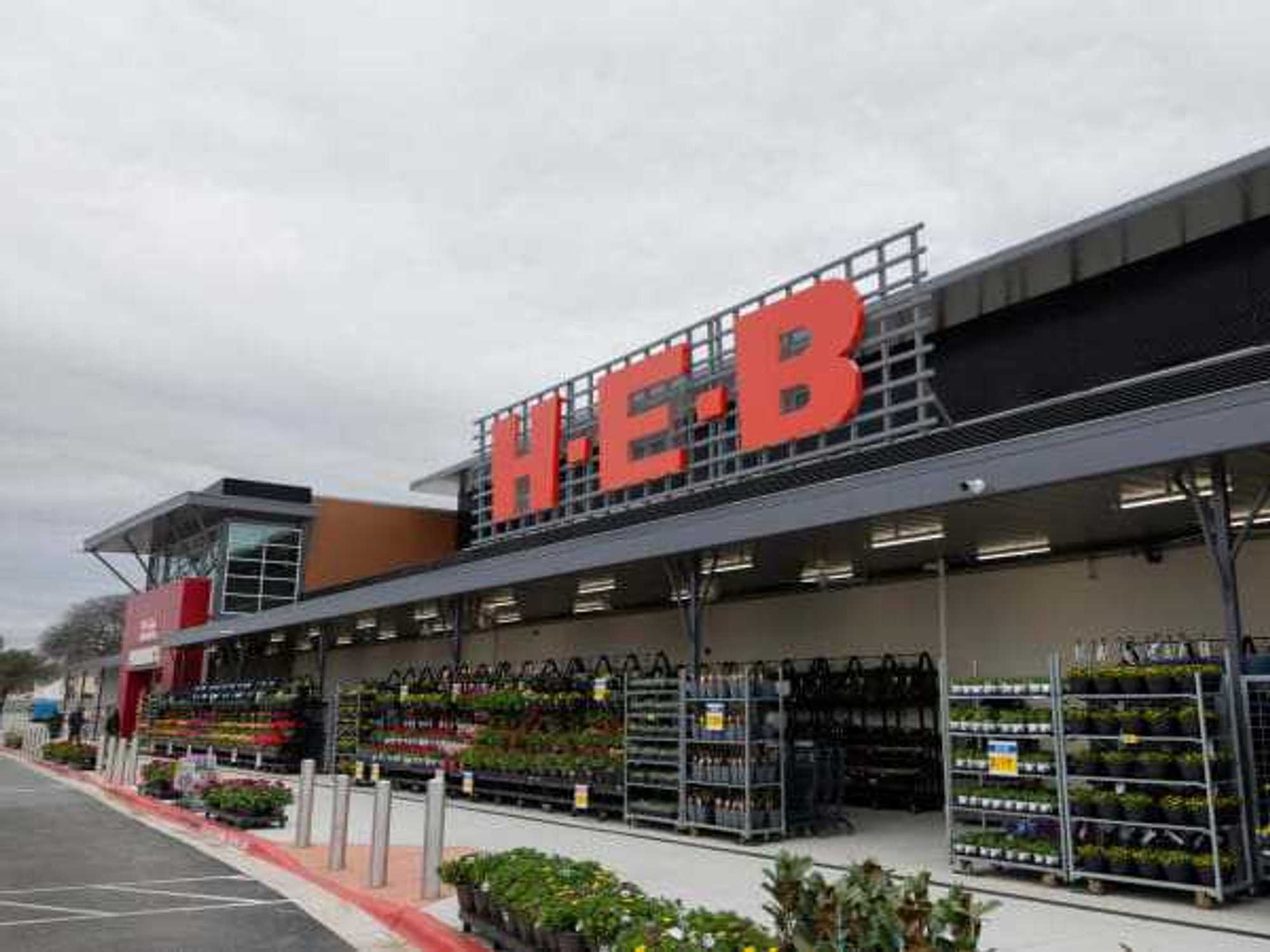Bicycling News
Austin rides to top of new list of most bike-friendly cities in the U.S.

A new survey on bikeability ranks Austin No. 16 in a list of the top 50 cities in the U.S.
Austin's bikeability score was 54 out of a possible 100, which is actually on track with the national average. And 0.7 percent of Austin workers commute by bicycle compared to the average city's 0.5 percent.
The survey also found that Austin has above-average bike-friendly amenities, with a few more bike shops (1.1 per 100,000 people) than the average city (1.0 per 100,000 people), while we could stand to add more bike trails (currently. reporting 1.4 per 100,000 people, compared to 1.7 per 100,000 people in the national average).
The study was released by Clever, a real estate data company, and analyzed data from the U.S. Census Bureau, U.S. Department of Transportation, U.S. National Centers for Environmental Information, Walk Score, Rails-to-Trails Conservancy, Vision Zero Network, Google Trends, and Yelp.
Perhaps unsurprisingly, the West is best when it comes to bike-friendly cities — one-third of the 15 most bike-friendly cities on the list are on the West Coast. California is the best state for bicyclists, with 27 percent of the top 15 cities located in The Golden State.
Portland, Oregon is the No. 1 most bike-friendly city, despite its reputation for rain, with a bikeability score of 83 out of 100. It has the most bicycle shops per capita (3.5 per 100,000 residents) of any city on the list.
Additionally, workers in Portland are four times more likely to commute via bicycle than workers in the average city: 2 percent of workers in Portland commute to work by bicycle, compared to 0.5 percent in the average metro studied.
The top 10:
- Portland
- San Francisco
- San Jose
- Minneapolis
- Sacramento
- Denver
- Washington, D.C.
- Boston
- Salt Lake City
- Seattle
New York just almost made the top 10, coming in at No. 11.
Elsewhere in Texas
Scoring 49 out of 100, Dallas scored dead last at No. 50, making it the least bike-friendly city in the U.S. With 80 percent fewer bike commuters than the average city, and only 0.1 percent of Dallas workers commute by bicycle compared to the average city's 0.5 percent, the survey also found that Dallas has fewer bike-friendly amenities, with 75 percent fewer bike shops (0.3 per 100,000 people) and 16 percent fewer bike trails (1.4 per 100,000 people) than the average city.
Even Houston beat Dallas, coming in at No. 29, followed closely by San Antonio, which was No. 30 on the list.
Houston has a bikeability score of 49. It has 0.3 percent of workers who commute by bicycle, a little below the average city's 0.5 percent, with 0.4 bike shops per 100,000 people and 0.3 percent bike trails per 100,000 people.
San Antonio has a bikeability score of 45. It has 0.2 percent of workers who commute by bicycle compared to the average city's 0.5 percent, with 0.7 bike shops per 100,000 people and 0.8 percent bike trails per 100,000 people.
Cities that rank highly not only have bicycle resources such as bike share stations and bike rental shops, they also promote transit safety: Nearly every city in the top 15 has made a city-wide commitment to bicycle safety and transit safety in general.
The U.S. Census Bureau reports that cities across the U.S. saw a surge in cycling traffic after the pandemic began, prompting a bicycle shortage, as many Americans found cycling to be a reprieve from at-home isolation or a socially distant solution to their commutes.
Cycling is seen as a good way to get a low-impact workout while also reducing your transportation costs, and the 15 most bike-friendly cities have also fostered interest in cycling and bike-related activities.

 Our wildcard category this year will crown Best Sandwich.
Our wildcard category this year will crown Best Sandwich.